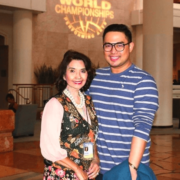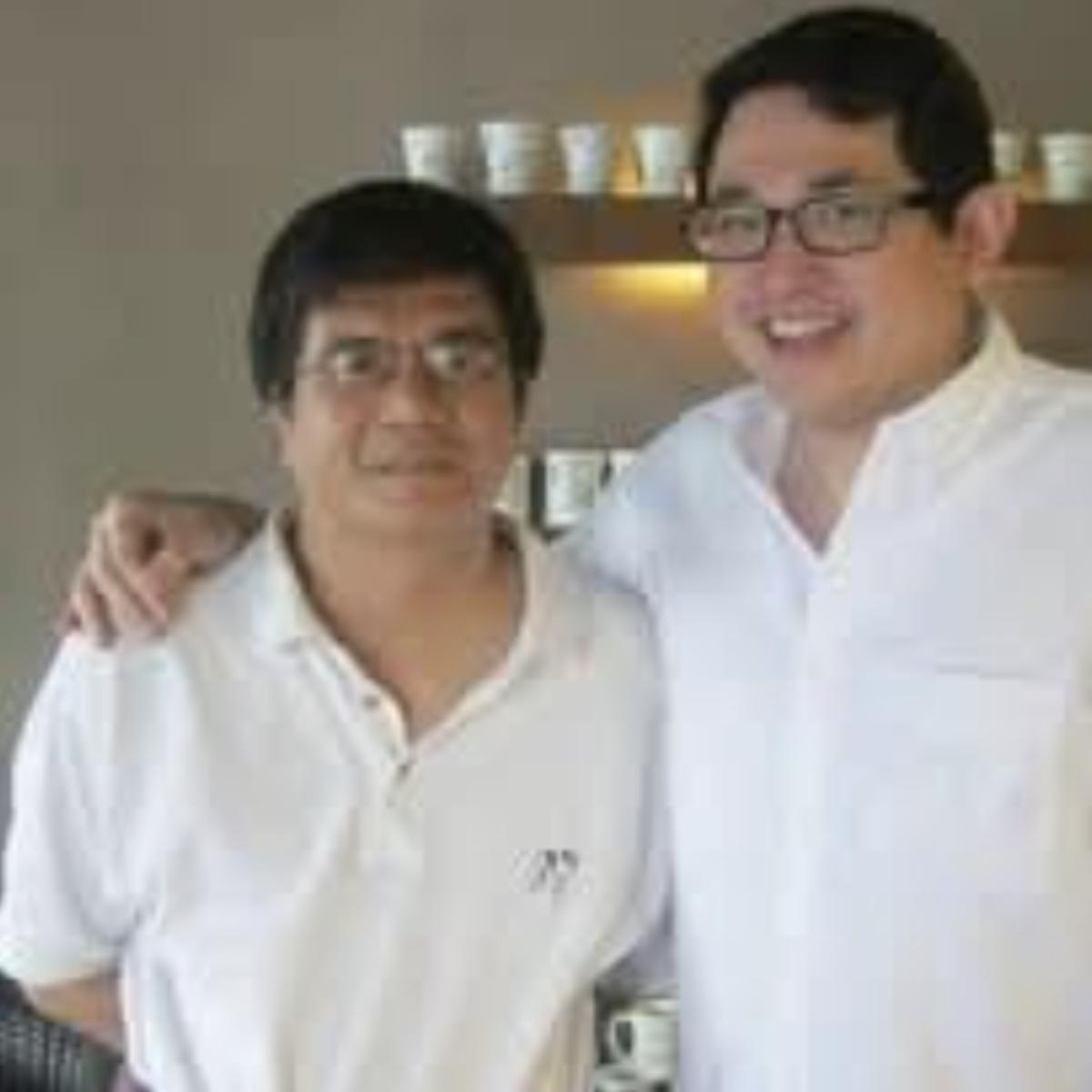Interviewing Jed Madela is like having a fun conversation at a party with someone you may never run into again. It is filled with the possibility of random pleasures. It is hard to keep in mind that Jed had so much and as long as he is in the public eye, you feel you know him deliberately.
You prepare extensively as you start thinking about ways to push the boundaries of what he might be willing to discuss. On the other hand, if a question elicits a testy response, you get a hard slog ahead. You’re meeting a person, not a media creation or the product of your research. He needs to be interpreted, observed, profiled and quoted in context, in order to get him to be willing to open himself up and to have a more genuinely conversational feel.
We already know he is John Edward Tajanlangin in real life. Jed is a Filipino recording artist and TV host who rose to stardom when he became the first Filipino to win the 2005 World Championship of the Performing Arts (WCOPA), a world grand champion title, so known for his uniquely wide vocal range.
His professional list of major achievements in the music world are so enormous it defies enumeration. His musical career would ameliorate into a continuing stride with a litany of “champion.” At the Mainhill Awards of Kazakhstan, he was awarded as the “Best of Asian Male Singer of the Year 2003.” When he managed to hold the last note for a good 18 seconds of “Be My Lady,” he drew a standing ovation and loud wild applause from the audience and spectators at the coliseum.
He created convulsions during the WCOPA here in Hollywood, when he romped away single handedly, all major industry awards. He bested over 3,000 contestants from 52 countries to win the grand prize with Aerosmith’s “I Don’t Wanna Miss a Thing.”
No one yet has equaled his two “Champion of the World” plaques – one star trophy as Grand Champion of the World in the singing division and a huge diamond trophy for the most credited Grand Champion Performer of the World – a splendid musical history.
It is easy interviewing famous people: they have no insecurities. I don’t ask trick questions, I hate “cute” interviews, and I stay away from questions that are suggestive and provocative.
We had a friendly chat for thirty minutes over dinner at the Wako Wako Tokyo (hosted by Fernandico Q. Gonong) before the championship event that turned out to be gratifying. None of which led to stupefied, one word replies, or befuddled response like, “Whaat was the question again?,” nor articulate an avalanche of words.
The conversation flourished with my first question:
Moonlighter: Do you still pay attention to what people write about you?
Jed: You have to acknowledge that these thoughts belong to them, you just proceed to get on with whatever’s coming out, not what is projected on it, just knowing that it is right. If the magic of the music is right, then it’s right. Even if somebody played a wrong note, that is the overall. When I sing I have to feel good, its something within you…not dictated by anything or anyone…it is inside, your own decision.
M: When you first came here in the US were you curious to see some of the place that had generated the music you’d been looking to?
J: I probably thought about that, those were years, years back, that was probably part of the game then. But then we had our own stuff our composers were grand, I did not think of a place at all – just enjoying everyday what was coming through [not geographical place]. I did not loom as large as you, not at all.
M: [Do] You sing as it comes, Jed? It seems that in your singing (even then and today) you’re trying to convey something that is beyond words, beyond melody, beyond anything you could just say, something deeper than just the great lyrics. Is that how you feel your particular vocal style works?
J: It is also the every words are being sung. The oral tradition is the closest to what something actually is, because it’s the way somebody is singing it, it is the way its being conveyed. Now, I am saying or saying things – which in print will look entirely different – because you don’t hear the actual tones all of that lyrics in a page are as close as you can get to the songs but its not the real thing – just a description, that could be something else.
M: What kind of things would you say to a young singer who wanted to know what stance your years had taught you?
J: Your influential stance needs something else as well. You have to do something else – you cant just rely on that. Hobbies, other interests, other angles, even as you keep the great passion is your life. Those are just personal opinions. Now whether that’s going to influence people or not, all I can do is talk about it though my own experience. That’s all I can do.
M: At this point in your career, Jed where does your inspiration come from?
J: I am not one of those guys that wait for inspiration to come – what I do is put the hours in work. I am learning all the time, that’ what feeds my inspiration. I learn something from someone better than me and that sparks me. You have to work.
At his level of activity, he wants to keep singing, make more records, inspire the young. If he wants to do these, they’ll keep on listening.
***
E-mail Mylah at [email protected]







